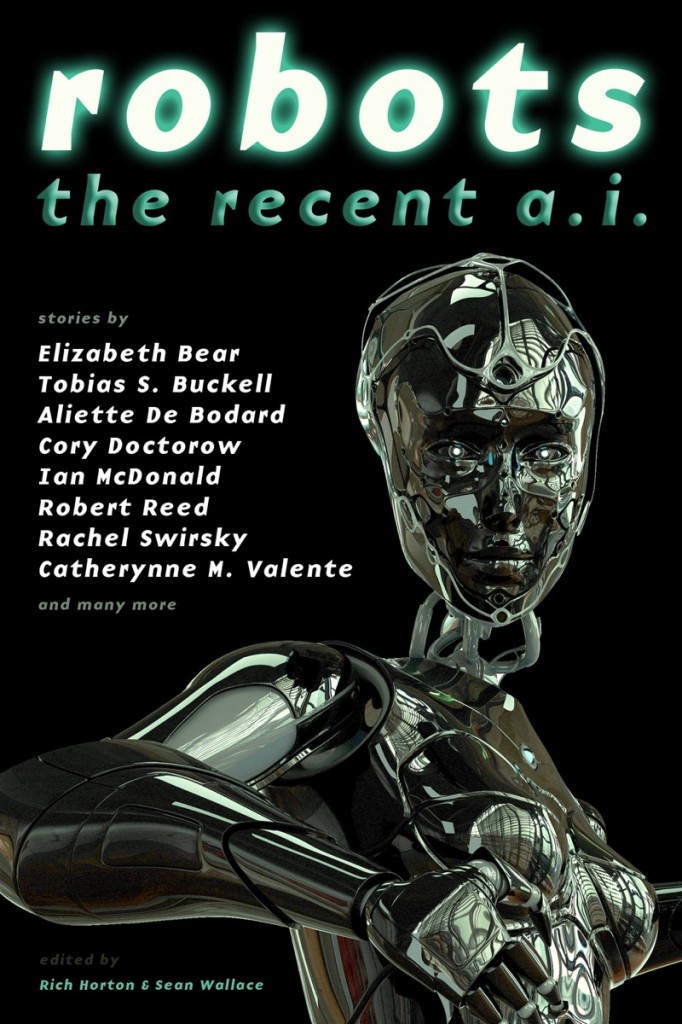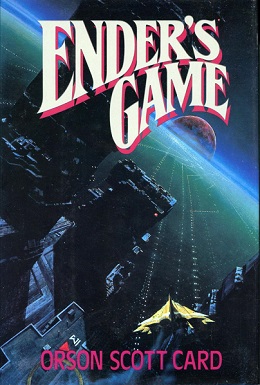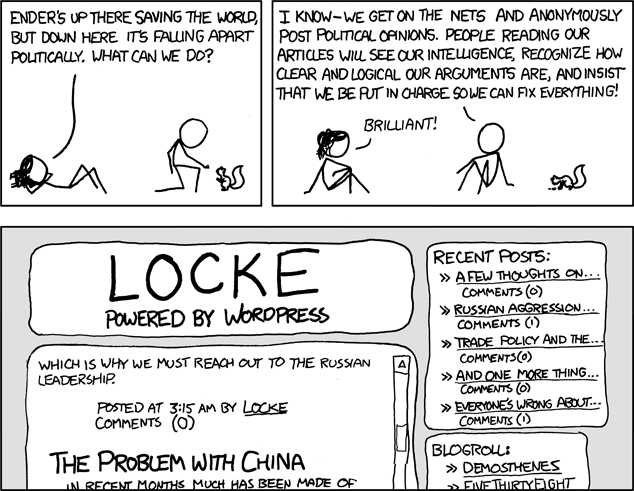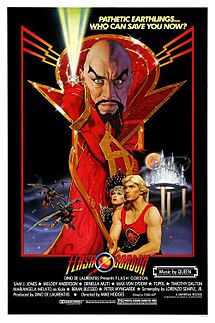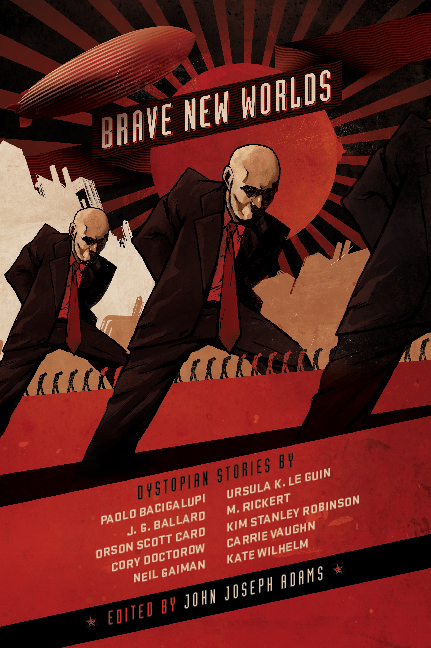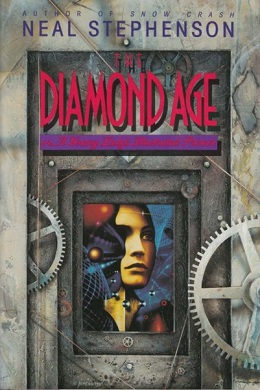 Yup, we did it again.
Yup, we did it again.With the holidays, new year, college schedules, and life management, it took us a bit to get this Book Qlub meet up together. That and someone in the group stole someone else's book. Theft is not normally an issue in Book Qlub, but as we get larger it's getting harder to police all members. This all led to a heated debate over whether or not to infect Qlub-members with a genetically modified virus that can access the internet and report on members' activities and allow for emotional reconditioning. The motion wasn't seconded and has been shelved, for now.
 We met up in the Inner Richmond, over at the Bitter End to discuss Vernor Vinge's The Peace War. Nominated for Hugo in 1985, it's a pretty standard action/adventure scenario, with the two speculative elements being force-field bobbles and a 51-years-in-the-future setting. 1985 was an interesting time in Science Fiction. The nomination of the Peace War and its loss to seminal cyberpunk novel Neuromancer (a la William Gibson) perfectly encapsulates the cultural/generational shift in Science Fiction of the 80s. Bruce Sterling, in his zine "Cheap Truth", identified Vinge and his sequel to The Peace War ("The Ungoverned") as one of the "Pournelle Disciples", after Jerry Pournelle and his power concentrated military Science Fiction and "gung-ho technolatry". Pournelle wrote a portion of President Regan's Strategic Defense Initiative (aka: "Star Wars") and was very much in the mainstream of SF at the time, he and his "disciples" (Vinge, Niven, Drake) publishing from Tor and Baen books, whom Sterling described as "Naive space enthusiasts" who "believe that humanity will climb into the cosmos on a Pentagon payroll." In the case of the Peace War, substitute Lawrence Livermore National Laboratory (even if they are the antagonists in this story, they still hurl humanity into the future). Then along comes cyberpunk and Neuromancer, with hard-boiled plots of desperate characters economically exploited and politically disenfranchised living in a polluted world where corruption is legitimized as naked greed. Read: the future we are living. The only thing they missed were the iPads. Neuromancer won the Hugo... and Nebula and the Philip K. Dick award, the first novel to ever grab the triple crown of Science Fiction. This legitimized cyberpunk and near future SF. Interesting times, man.
We met up in the Inner Richmond, over at the Bitter End to discuss Vernor Vinge's The Peace War. Nominated for Hugo in 1985, it's a pretty standard action/adventure scenario, with the two speculative elements being force-field bobbles and a 51-years-in-the-future setting. 1985 was an interesting time in Science Fiction. The nomination of the Peace War and its loss to seminal cyberpunk novel Neuromancer (a la William Gibson) perfectly encapsulates the cultural/generational shift in Science Fiction of the 80s. Bruce Sterling, in his zine "Cheap Truth", identified Vinge and his sequel to The Peace War ("The Ungoverned") as one of the "Pournelle Disciples", after Jerry Pournelle and his power concentrated military Science Fiction and "gung-ho technolatry". Pournelle wrote a portion of President Regan's Strategic Defense Initiative (aka: "Star Wars") and was very much in the mainstream of SF at the time, he and his "disciples" (Vinge, Niven, Drake) publishing from Tor and Baen books, whom Sterling described as "Naive space enthusiasts" who "believe that humanity will climb into the cosmos on a Pentagon payroll." In the case of the Peace War, substitute Lawrence Livermore National Laboratory (even if they are the antagonists in this story, they still hurl humanity into the future). Then along comes cyberpunk and Neuromancer, with hard-boiled plots of desperate characters economically exploited and politically disenfranchised living in a polluted world where corruption is legitimized as naked greed. Read: the future we are living. The only thing they missed were the iPads. Neuromancer won the Hugo... and Nebula and the Philip K. Dick award, the first novel to ever grab the triple crown of Science Fiction. This legitimized cyberpunk and near future SF. Interesting times, man.But, this post is about The Peace War. Let's be clear: you don't read Vinge for his writing. His dialogue is forced, his characters mechanical, and his plots convenient and left with holes the Vandenburg Bobble couldn't fill. You read him for his ideas, for his sense of wonder. Which seemed to be lacking in this book.
We all agreed that the characters existed merely so Vinge could have pieces to move around to tell this pretty implausible story of a future society of tinkers dressed up as libertarians. Libertarians in name only. There's private police force, but Vinge doesn't explore this farther than naming it. And it's pretty laughable that his set up is that a bunch of administrators from Lawrence Livermore National Laboratory, what he calls the Lawrence Enclave, a bunch of bureaucrats on a government contract conspire to take over the world. I mean, why? They've already taken over the world with red-tape, and even if there was such a cabal, the decision to overthrow the government would die in committee. They'd need receipts and billable hours just to devise a plan. What's the charge code for conspiracy?
The bulk of the plot is about a blackmailed Mike Rosas, which didn't make any real sense (he could have got out of it any number of ways, not the least of which was killing his blackmailer right off). Much of the Wili storyline seemed reminiscent of Vinge's 1981 short story "True Names" about human-internet Singularities, and a tad convenient that suddenly there should arrive a young boy who is a crazy math genius right when the bobbles start bursting, but, hey, that was his story. There's some interesting applications of the bobbles and time travel that Vinge introduces at the end (the scene at the pass, when Wili bobbles the garrison for a night was pretty awesome). All in all, the Qlub seemed not overly impressed with the book, but not all that let down. It's a shame though, cause when Vinge is at his best, he's pretty impressive.
We rounded up the session with choosing our next book, a collection of robot stories:
